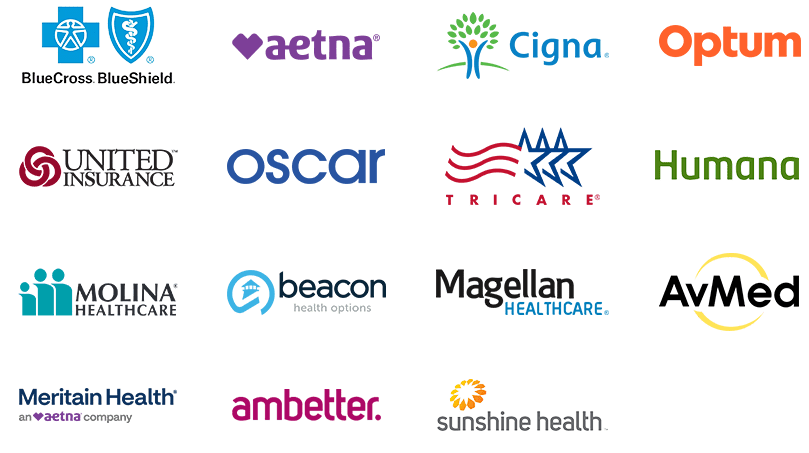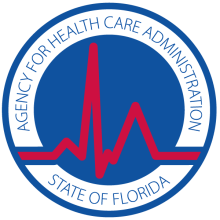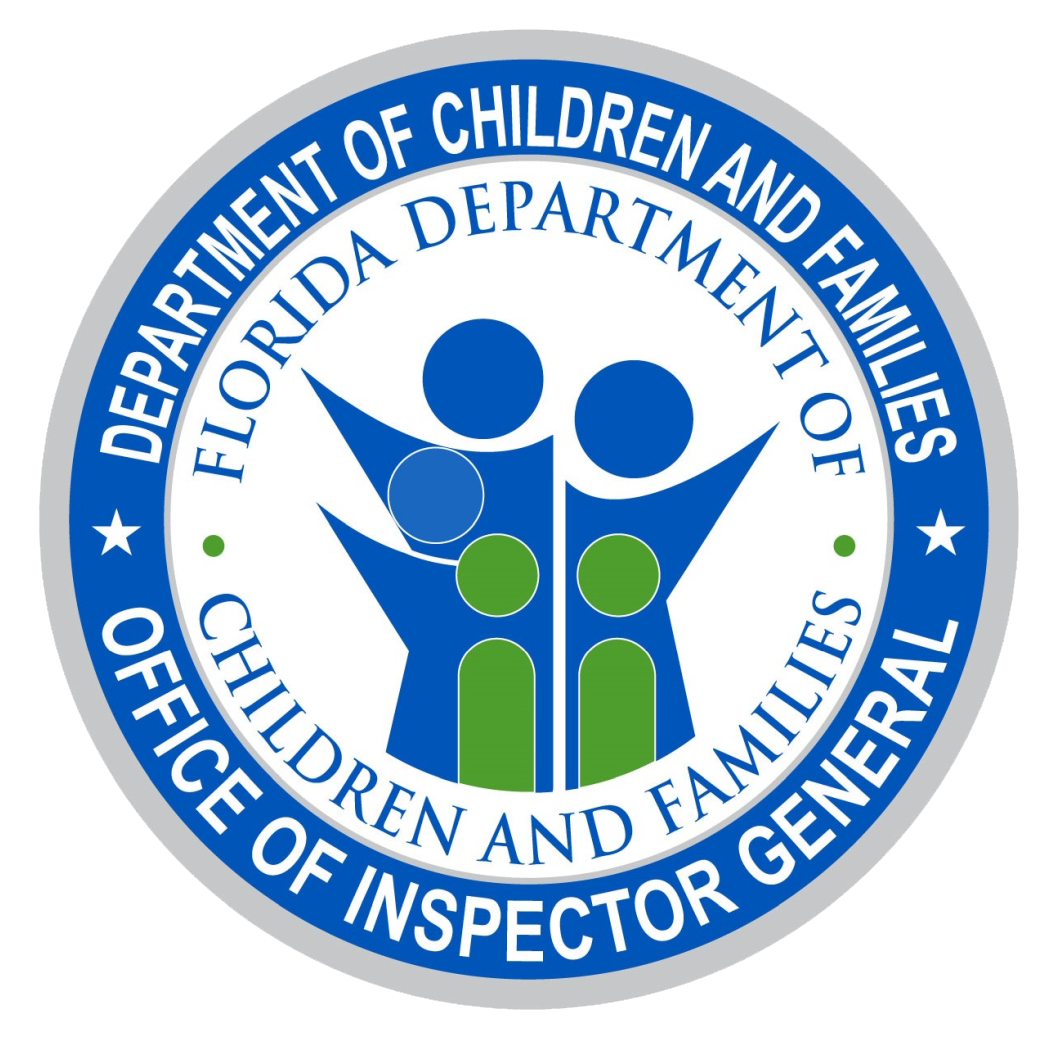Opioid Addiction Rehab in South Florida
While they are lower than the estimations from 2022, these startling numbers show that opioid abuse is claiming far too many lives in the United States. The importance of comprehensive opioid treatment programs cannot be overstated. Individuals who are suffering from opioid dependence, opioid addiction, and other opioid use-related challenges should have access to programs that will address their needs and help them overcome them.
Thankfully, Principles Recovery Center is making that possible. Our South Florida addiction treatment facility offers an opioid addiction treatment program that can change the lives of those struggling with this substance use disorder. With help from our team of compassionate and knowledgeable professionals and our addiction treatment services, recovery is possible.
We Offer Lifetime Aftercare Services. When You Need Us, We’re There.
WHAT ARE OPIOIDS?
Opioids are a category of drugs that include both prescription medications and illegal substances, primarily used to manage pain. Prescription opioids such as oxycodone, hydrocodone, codeine, and morphine are often prescribed for pain relief after surgery, enduring pain for cancer or cancer treatment, or to manage chronic pain conditions. However, due to their ability to generate feelings of euphoria, these substances are highly addictive.
Illegal opioids like heroin also belong to this class and pose significant public health challenges. What sets opioids apart from other drugs is their specific action on the brain’s reward system. They release large amounts of dopamine, a neurotransmitter associated with pleasure and reward, leading to a cycle of dependency as individuals chase the euphoric high. This dependency can escalate quickly, resulting in addiction, a chronic disease characterized by compulsive drug seeking and use despite harmful consequences, and is a major aspect of drug abuse.
Fortunately, Principles Recovery Center is here to assist individuals who are struggling. Our opioid addiction treatment program can help people overcome drug abuse and find hope and healing.

Request a Confidential
Callback 24/7
MEDICAL DETOXIFICATION
IS NECESSARY
It serves as an initial primer for the remainder of the individual’s treatment process. If a patient were to simply skip the detoxification phase of the recovery and go straight into clinical treatment, it’s quite likely that he or she would be experiencing or suffering from withdrawal symptoms and immediately leave treatment and seek comfort in their drug of choice. Although the severity of withdrawal symptoms can vary from one person to the net, the majority of individuals who are suffering from withdrawal would have extreme difficulty participating in treatment even if they stayed. With certain substances like alcohol and benzos posing potentially fatal withdrawal symptoms, detoxification is a must in order to effectively produce the best treatment outcome.
Principles Recovery Center is With You for Life.
UNDERSTANDING OPIOID ADDICTION
Opioid addiction, also known as opioid use disorder (OUD), is a chronic and relapsing condition characterized by the compulsive use of opioids despite causing significant impairment to one’s life. Opioids, which include both prescription medications like oxycodone and illegal substances like heroin, create a powerful physiological dependency over time. This dependency leads to withdrawal symptoms when an individual tries to quit or reduce their use.
Opioids hijack the brain’s dopamine reward system, which is responsible for pleasure, reward, and reinforcement, making it incredibly challenging to break free from their grip. Understanding the nature of opioid addiction is crucial for recognizing the need for comprehensive treatment and support.
Never Be Alone Again
Come Join Our Recovery Family
How We Help Set You Up for Success!
SIGNS OF OPIOID ADDICTION
Identifying substance abuse, particularly opioid addiction, in oneself or a loved one is crucial for seeking timely intervention. Addiction often begins with an increased tolerance, where the individual requires more of the substance to achieve the same effect.
Withdrawal symptoms when not using the drug are also common and can include feelings of anxiety, agitation, muscle aches, and nausea. Behavioral changes are significant indicators of addiction. These may manifest as neglecting responsibilities at work, school, or home, withdrawing from social circles, or engaging in risky behaviors such as driving under the influence.
Physical symptoms can be very clear and revealing. Frequent drowsiness, dramatic weight loss, poor personal hygiene, and frequent flu-like symptoms can all point to opioid abuse. Recognizing these signs early can lead to earlier intervention and a greater chance of successful recovery.

Insurance Can Help Cover
the Cost of Treatment at PRC.

WE’VE GOT
YOU COVERED!
Insurance coverage for treatment is within reach. We are in-network with most insurance carriers in Florida.

Keeping You Connected to Lasting Recovery.
LONG-TERM EFFECTS OF OPIOID ADDICTION
The impact of long-term opioid addiction and opioid dependence is profound, affecting both physical and mental health as well as social and economic well-being.
Physically, prolonged opioid use can lead to chronic constipation, liver damage, and brain damage due to episodes of hypoxia (insufficient oxygen reaching the brain). The risk of contracting infectious diseases increases, particularly with needle sharing (a common practice among those using injectable opioids like heroin).
Psychologically, addiction often coexists with mental health disorders such as clinical depression and anxiety, further complicating the recovery process. Socially, addiction can strain personal relationships and lead to isolation, as the individual’s focus shifts entirely towards obtaining and using the substance. Economically, the cost of maintaining an addiction, combined with the potential loss of employment, can lead to financial ruin and even legal issues.
Understanding these extensive impacts underscores the importance of seeking comprehensive treatment.
THERAPY FOR OPIOID ADDICTION
Principles Recovery Center provides a multifaceted approach to therapy, addressing the diverse needs of individuals battling opioid addiction. Our addiction therapy services in Florida are here to help those who are working to overcome addiction.
This personalized approach allows clients to delve into the underlying causes of their addiction. Through one-on-one therapy sessions, therapists help clients develop coping strategies, set realistic goals, and work through personal challenges. This form of therapy is crucial for building trust and tailoring treatment plans to each client’s unique situation.
Engaging in group therapy provides individuals with a sense of community and support. Sharing experiences with peers helps reduce feelings of isolation and stigma. It enhances communication skills and fosters camaraderie, as participants learn from each other’s experiences and offer mutual support.
Cognitive-behavioral therapy (CBT) is a structured, goal-oriented form of therapy that focuses on identifying and changing negative thought patterns and behaviors. It helps individuals understand how their thoughts influence their actions and emotions, empowering them to develop healthier coping mechanisms. Through CBT, clients learn to challenge distorted beliefs and replace them with more realistic and positive ones, which can significantly aid in managing addiction and preventing relapse.
Dialectical behavior therapy (DBT) combines cognitive-behavioral techniques with mindfulness practices to help individuals manage intense emotions and improve interpersonal relationships. Originally developed for treating borderline personality disorder, DBT is effective in addressing addiction by teaching skills such as emotional regulation, distress tolerance, and acceptance. This therapy emphasizes the balance between acceptance and change, helping clients build a life worth living while reducing self-destructive behaviors.

Keeping You Connected to Lasting Recovery.
TREATMENT PROGRAM FOR OPIOID USE DISORDER
Here at Principles Recovery Center, we offer various drug abuse treatment programs that can help people overcome their challenges. We are dedicated to walking with our clients throughout the opioid abuse recovery process, providing support and guidance all along the way.
As a South Florida detox center, we strive to offer the best care for those who come to our facility for help. Medically assisted detox is often the first step in treating opioid addiction. The process involves clearing opioids from the body under medical supervision, which helps manage opioid withdrawal symptoms and stabilize the individual. This phase is crucial for preparing clients for further treatment, as it provides a physical and mental reset.
Those searching for a partial hospitalization program in Florida will find that our PHP is designed for individuals who require intensive treatment but not round-the-clock supervision. Clients participate in daily therapy sessions, receive medical monitoring, and engage in holistic activities like yoga or meditation. This program offers a structured environment ideal for those needing significant support while maintaining some personal freedom, as they return home each night.
Our intensive outpatient program in Florida is designed for individuals who require structured support while maintaining their daily responsibilities. This flexible program is ideal for those transitioning from more intensive care or needing a robust treatment plan without residential commitment. Participants benefit from a supportive community and expert guidance while balancing work, school, or family obligations, making the IOP a comprehensive and adaptable option for ongoing recovery.
We offer outpatient treatment for addiction to help our clients overcome substance use disorders in a less intensive manner. Our outpatient addiction treatment program offers flexibility, allowing individuals to receive treatment while managing work, school, or family obligations. This program includes regular therapy sessions, group meetings, and individual counseling, facilitating recovery at a personalized pace. It is ideal for those with less severe addiction or those transitioning from more intensive care.
Focused on sustaining long-term sobriety, our relapse prevention program equips clients with tools to handle life’s challenges without resorting to substance use. Through workshops and regular check-ins, clients learn to handle stress, recognize high-risk situations, and maintain their recovery goals.
Our rehab alumni program ensures continued support even after formal treatment ends. It provides a platform for former clients to stay connected through regular meetings, social events, and mentorship opportunities. This ongoing engagement fosters a sense of community and continuous support, which is vital for a sustained, drug-free lifestyle.
Keeping You Connected to Lasting Recovery.
HEAL FROM OPIOID ADDICTION AT PRINCIPLES RECOVERY
Choosing Principles Recovery Center for opiate addiction and opioid addiction treatment is a significant step towards healing. Located in serene South Florida, the center offers a tranquil environment conducive to recovery. Our experienced team is dedicated to providing personalized care that addresses the multifaceted nature of addiction, focusing on both the physical and psychological dimensions.
With expert guidance and a supportive community, individuals are equipped to overcome addiction and embrace a new chapter filled with hope and possibility. Contact us today to learn more about how we can help you.
CREDENTIAL HIGHLIGHTS



